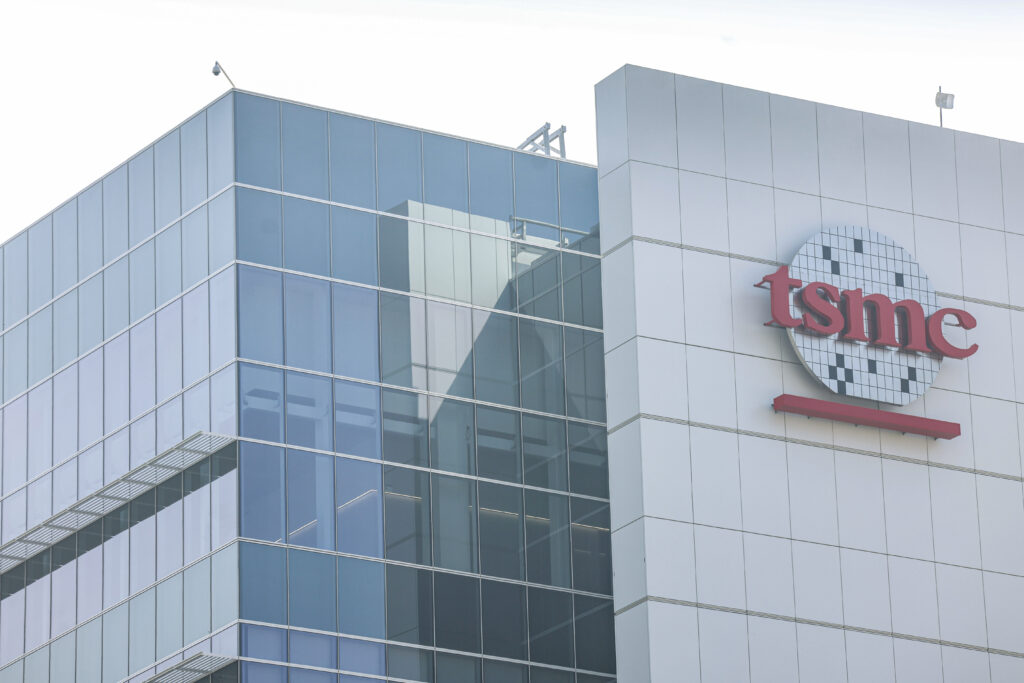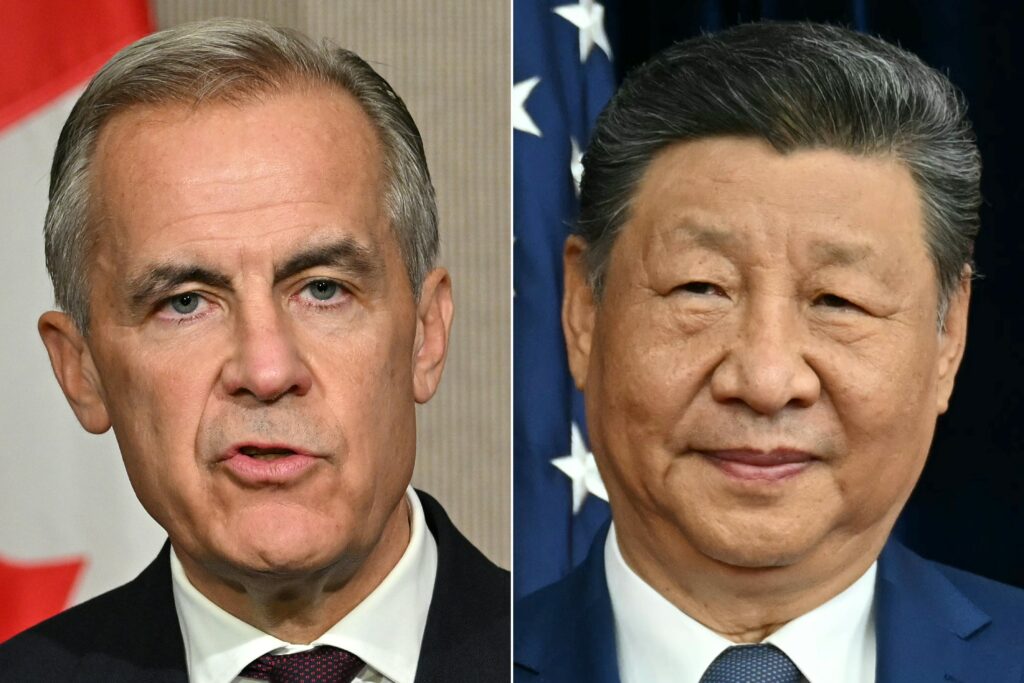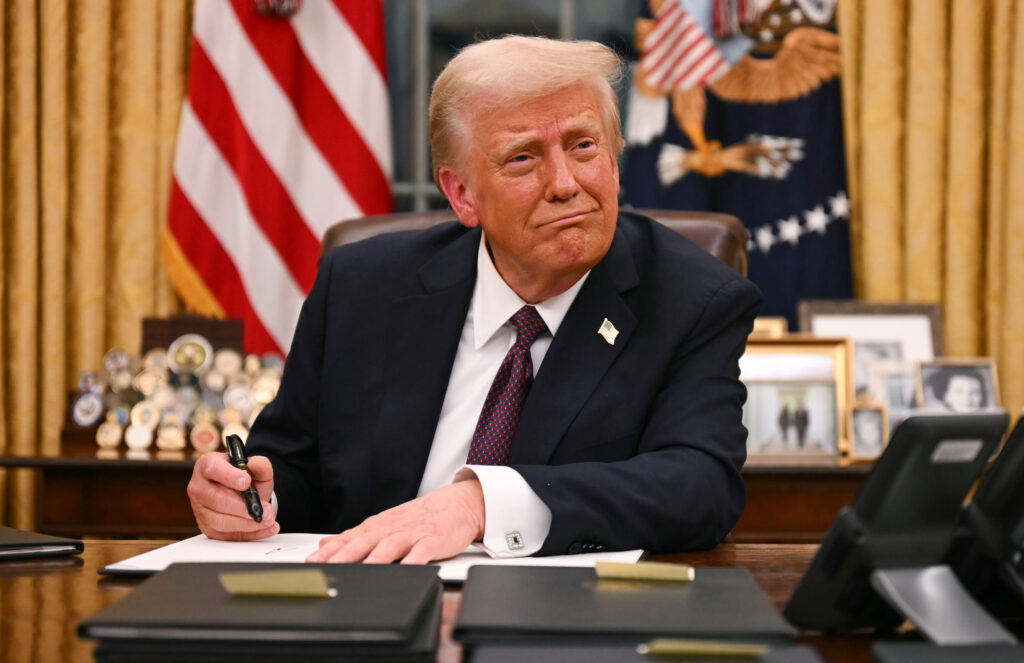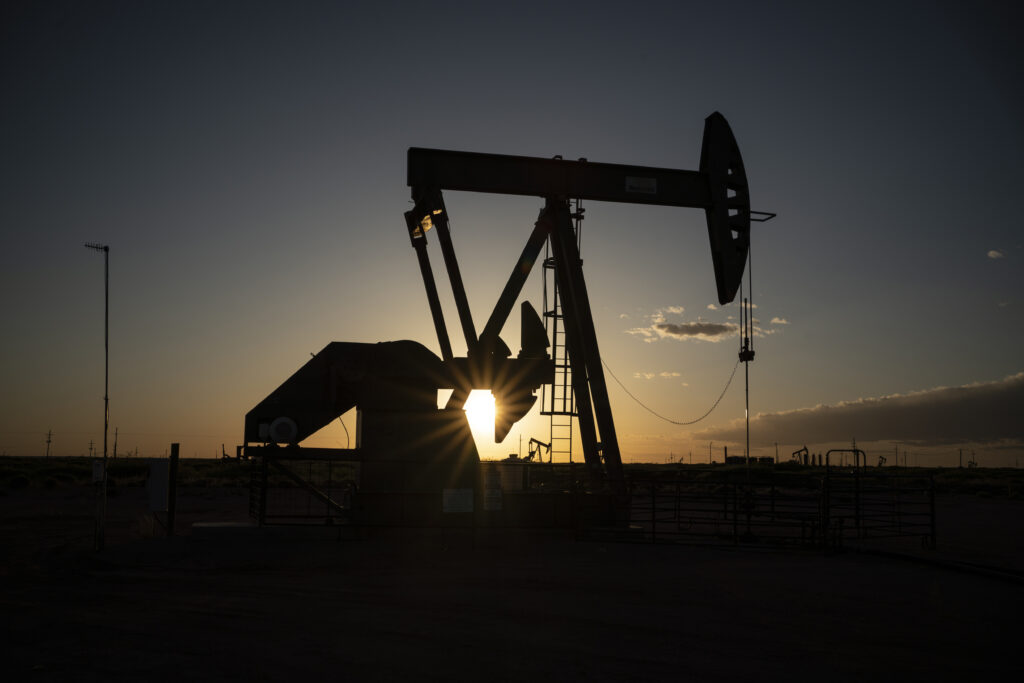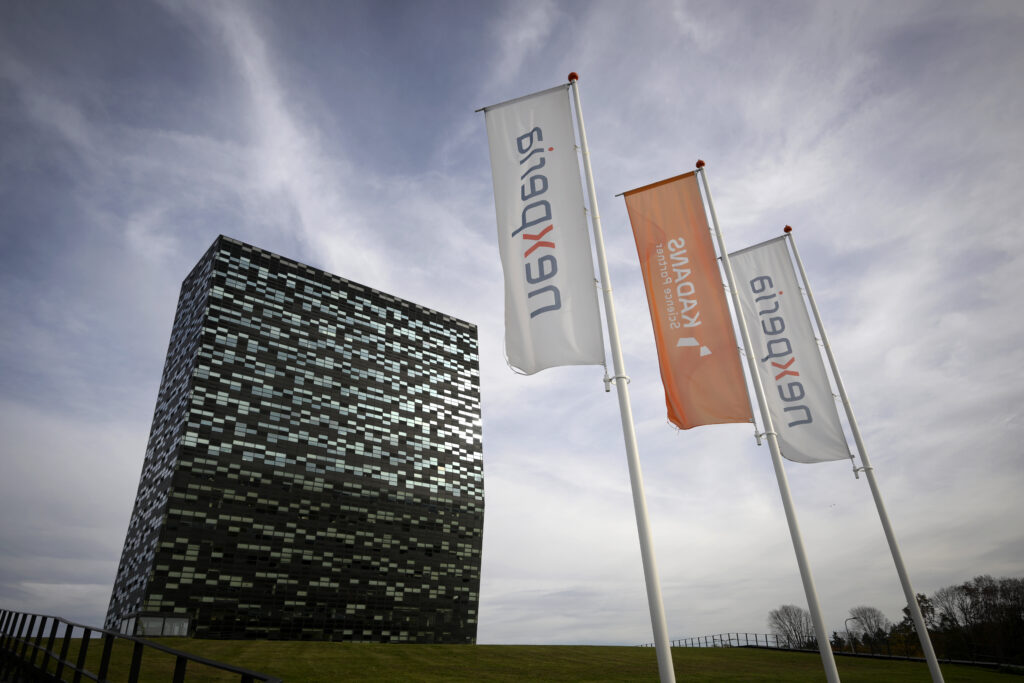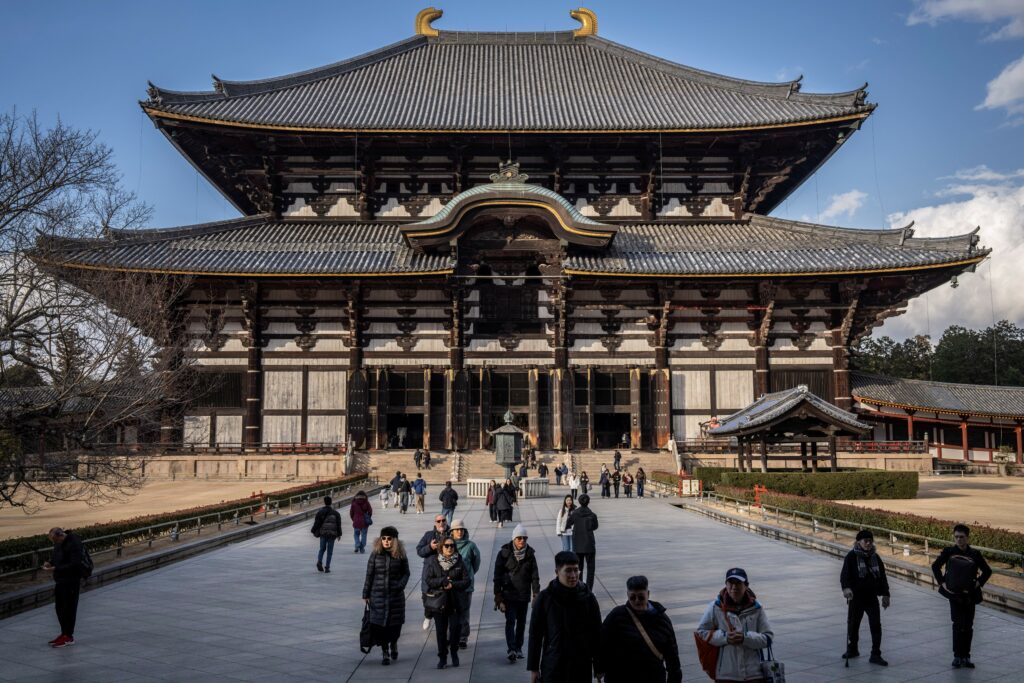Taiwan’s TSMC logs net profit jump on AI boom
Taiwanese chipmaking titan TSMC announced Thursday a forecast-busting net profit for the fourth quarter in a sign of sustained global demand for artificial intelligence technology.TSMC is the world’s biggest contract maker of microchips used in everything from Apple phones to Nvidia’s cutting-edge AI hardware.The company has been a massive beneficiary of the AI revolution that has seen tech giants pour many billions of dollars into chips, servers and data centres.Some market-watchers fear the bubble of excitement around AI could burst and cause a stock rout, but TSMC’s results marked the latest high point for the firm.”Our conviction in the multi-year AI mega trend remains strong, and we believe the demand for semiconductors will continue to be very fundamental,” TSMC chairman CC Wei said.”By expanding our global footprint while continuing to invest in Taiwan, TSMC can continue to be the trusted technology and capacity provider of the global logic industry for years to come.”TSMC said net profit for the three months to December increased 35 percent year-on-year to NT$505.7 billion ($16 billion), beating the NT$466.69 billion forecast by analysts surveyed by Bloomberg News.Net revenue for the fourth quarter rose 20.5 percent from a year ago to NT$1.05 trillion, TSMC said, also beating expectations.TSMC — a bellwether for AI investment — expects capital spending to reach as high as $56 billion in 2026. – US pressure -Taiwan is a powerhouse in the manufacturing of semiconductor chips, which are the lifeblood of the global economy, as well as other electronics.The strong results came after Taipei said it had reached a “general consensus” with the United States on a trade deal that the island hopes will reduce its current 20 percent tariff and shield its semiconductor industry from levies.Taiwan has previously vowed to increase investment in the United States, purchase more US energy and boost defence spending in a bid to head off US President Donald Trump’s sweeping tariffs.The US government launched investigations under Section 232 into semiconductors and chipmaking equipment last year. Section 232 refers to part of the US Trade Expansion Act that allows tariffs to be imposed when national security is found to be at risk.Trump signed an order Wednesday imposing a 25 percent tariff on semiconductors that are “transshipped through the United States to other foreign countries” — enabling the government to take a cut from chips sold to China.Taiwan has been under pressure to move more chip production to US soil. TSMC pledged last year to invest an additional US$100 billion in the United States.But Trump’s administration has made clear it wants more of the critical technology made in the United States.TSMC’s global expansion along with “new investments, specialty technologies and inflationary costs” were contributing to “cost challenges”, chief financial officer Wendell Huang warned.Despite US pressure and the constant threat of invasion from China, which claims Taiwan is part of its territory, the island plans to keep making the “most advanced” chips on home ground, Taiwanese Deputy Foreign Minister Francois Chih-chung Wu told AFP recently.
